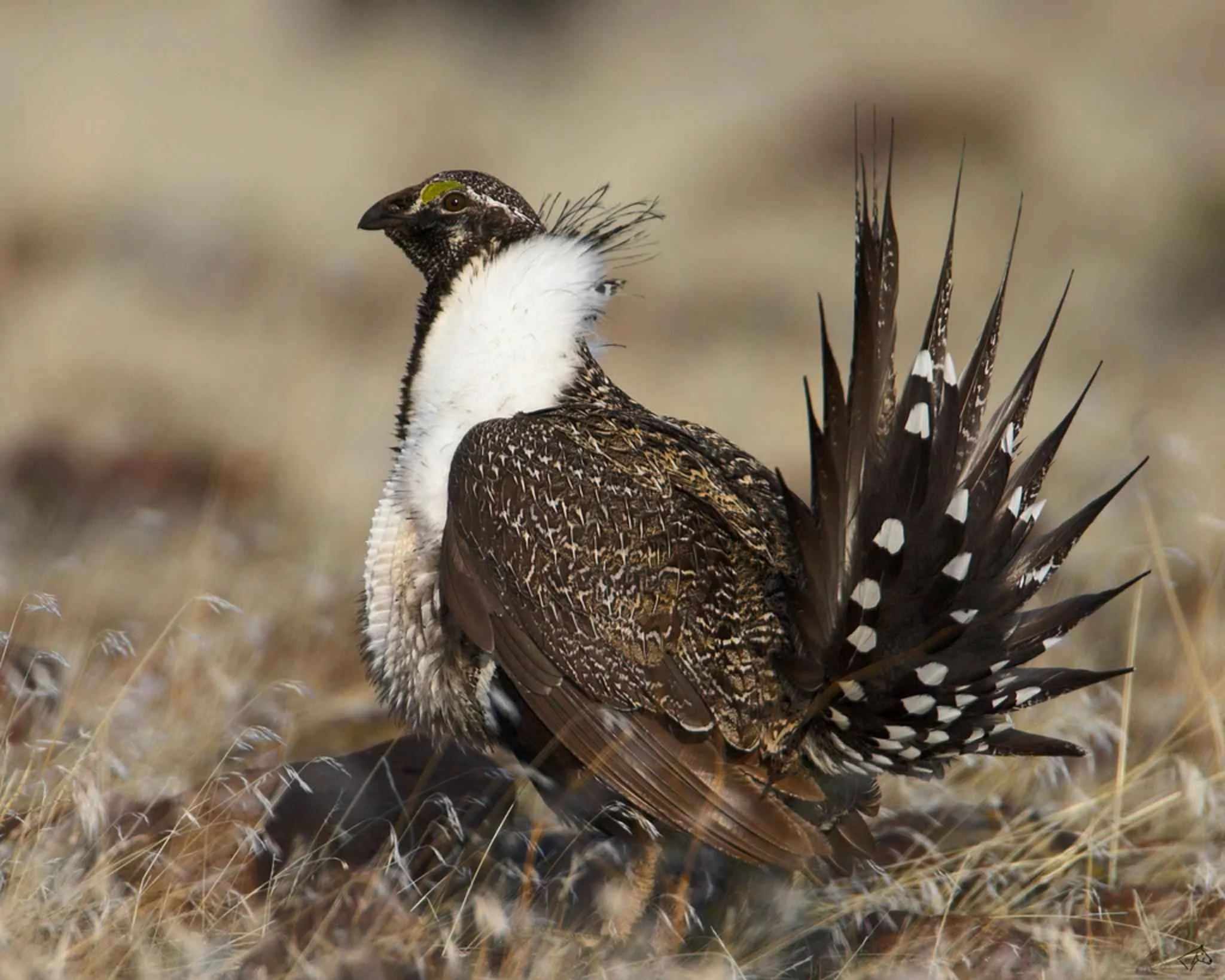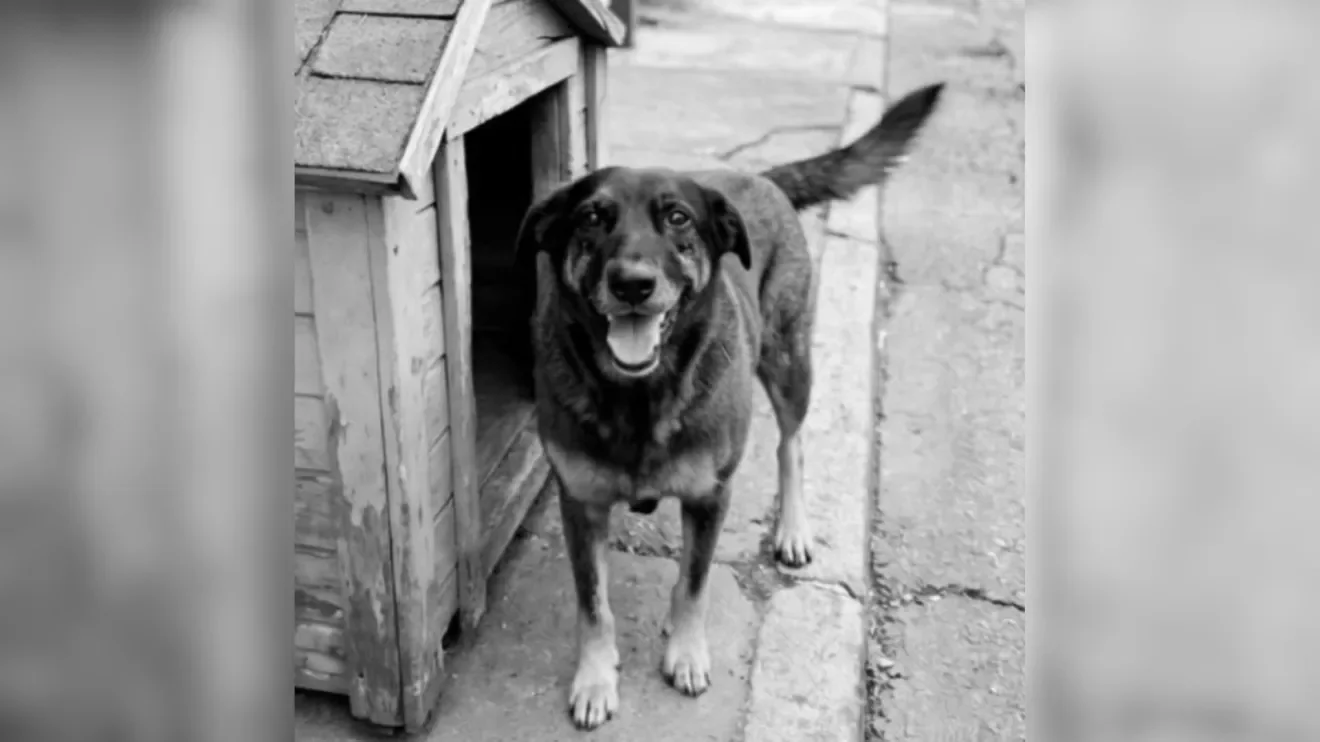Up to 8,000 Minks Liberated from Fur Farm in Pennsylvania
An unidentified individual cut holes in a Pennsylvania farm's fence on Sunday, releasing 6,000 to 8,000 minks that were set to be gassed for their pelts.
Thousands of minks have been liberated from one of Pennsylvania’s few remaining fur farms by an “unknown actor” who cut holes in a fence last Sunday, according to state police.
An estimated 6,000 to 8,000 minks, who were set to be killed for their pelts in November, were freed from their enclosures at Richard H. Stahl Sons Incorporated on State Route 890 in Rockefeller Township, authorities say.
Joseph Buddenberg, a former member of the Animal Liberation Front (ALF) and a current press officer with the North American Animal Liberation Press Office, said the act was “certainly consistent” with the ALF, which opposes the exploitation and abuse of animals.
"What the fur industry does to animals is egregiously cruel and violent. They cram mink into tiny, wired cages for their entire lives, and then they gas them, every November. Every summer, we will see activists break in and free these animals from captivity and violent death," said Buddenburg. "The past two years, we've seen over 20,000 animals liberated from fur farms in the United States."
"If left on the farm they have a 100 percent death rate," he added.
Photo: Jo-Anne McArthur/We Animals Media
Multiple state agencies and farm staff are searching for the escaped mink, according to the police statement. As of Tuesday, it is believed that most of the mink were recaptured, with only several hundred mink remaining loose, according to Challis Hobbs, executive director of the Fur Commission USA, a national body representing mink farmers.
The commission called the incident “a blow to rural communities and the surrounding ecosystem,” stating that “most [of the minks] will ultimately die from starvation, exposure or get hit by cars.”
However, an ALF and Oxford University study published in 2009 argued: "farm-raised mink retain their wild instincts, and when released, can reassimilate successfully into their native habitat."
A Dying Industry
Cities and states in the US and other countries such as Israel are now banning fur sales, helping to close markets for fur products.
In America, there are only about 100 mink farms remaining across 16 states as of last year, and these could soon be phased out under new legislation that was introduced earlier this year.
The ‘Mink: Vectors for Infection Risk in the United States Act’, known as the Mink VIRUS Act (H.R. 3783), aims to protect public health and reduce the risk of zoonotic disease transmission by prohibiting mink farming in the country.
The legislation comes amid fears that mink on fur farms could help spark a new pandemic. Already, around 18 fur farms across the US have reported outbreaks of SARS-CoV-2, the virus that causes COVID-19.
Although this legislation is being driven by public health concerns, the decline of fur products is also due to falling consumer demand for animal-derived furs and skins as people turn against an industry that has long been accused of animal cruelty.
Many major fashion brands including Gucci, Michael Kors, Burberry, Dolce & Gabbana, and Moncler have removed fur from their collections in favor of more ethical and eco-conscious materials, while the former CEO of the Fur Trade Association has denounced the animal cruelty inherent in the fur trade as “indefensible”.
Fashion brands and designers are increasingly turning to next-gen (animal-free, high-performance, and sustainable) materials in place of animal fur. Recent examples include the New York City-based material innovation studio and outerwear brand House of Fluff which has developed BIOFUR, a biodegradable animal-free fur, while KOBA fur produces a bio-based fur made from oil from vegetable crops.
Credit: House of Fluff
Take Action:
Join Species Unite in urging Congress to pass H.R.3783, the Mink: Vectors for Infection Risk in the United States Act (Mink VIRUS Act). Add your name to our petition here.
Max Mara is one of the fashion brands continuing to profit from animal fur. Join Species Unite today in calling on Mar Mara to switch to cruelty-free alternatives.
To learn more about the future of fur, listen to this Species Unite podcast episode with Kym Canter, the founder and creative director at House of Fluff, a New York City-based, animal-free, material innovation studio and outerwear brand.
We Have A Favor To Ask…
Species Unite amplifies well-researched solutions to some of the most abusive animal industries operating today.
At this crucial moment, with worldwide momentum for change building, it’s vital we share these animal-free solutions with the world - and we need your help.
We’re a nonprofit, and so to keep sharing these solutions, we’re relying on you - with your support, we can continue our essential work in growing a powerful community of animal advocates this year.
More stories:
Species Unite
A collection of stories of those who fight the good fight on behalf of animals.






From roses and chocolates to scented candles and much more, here are the ones we'll be wishing for come 14 February.